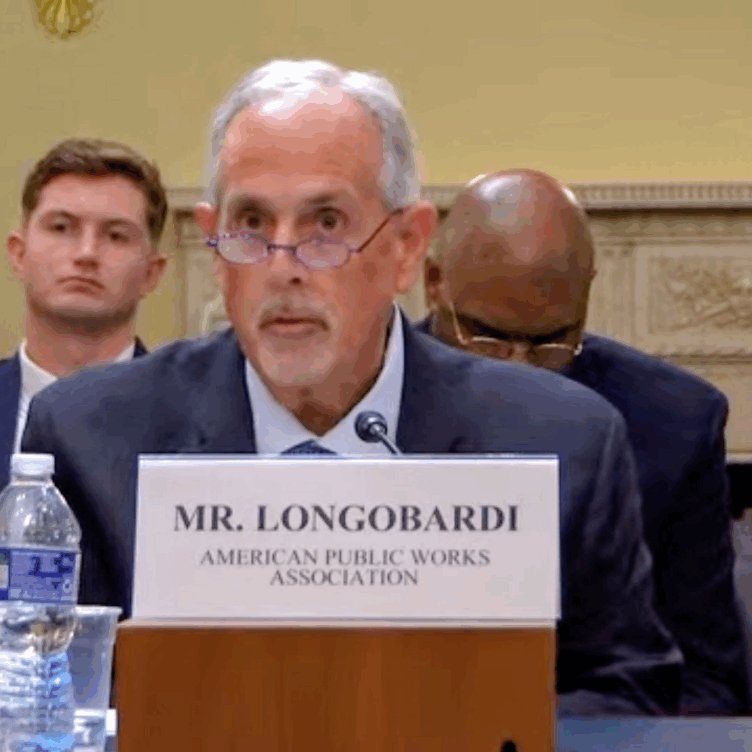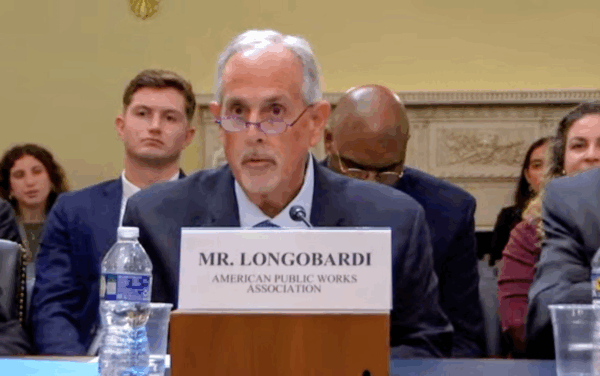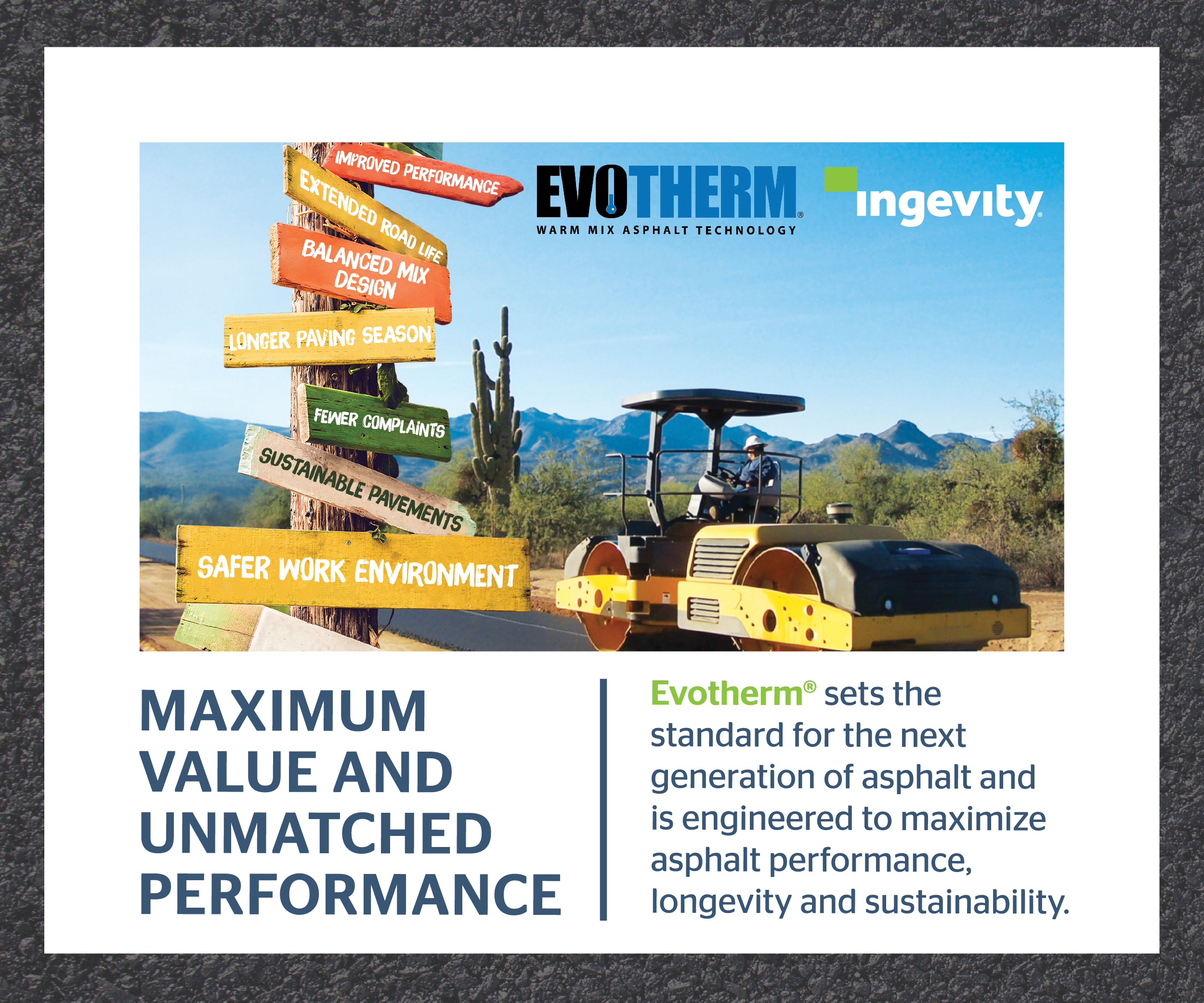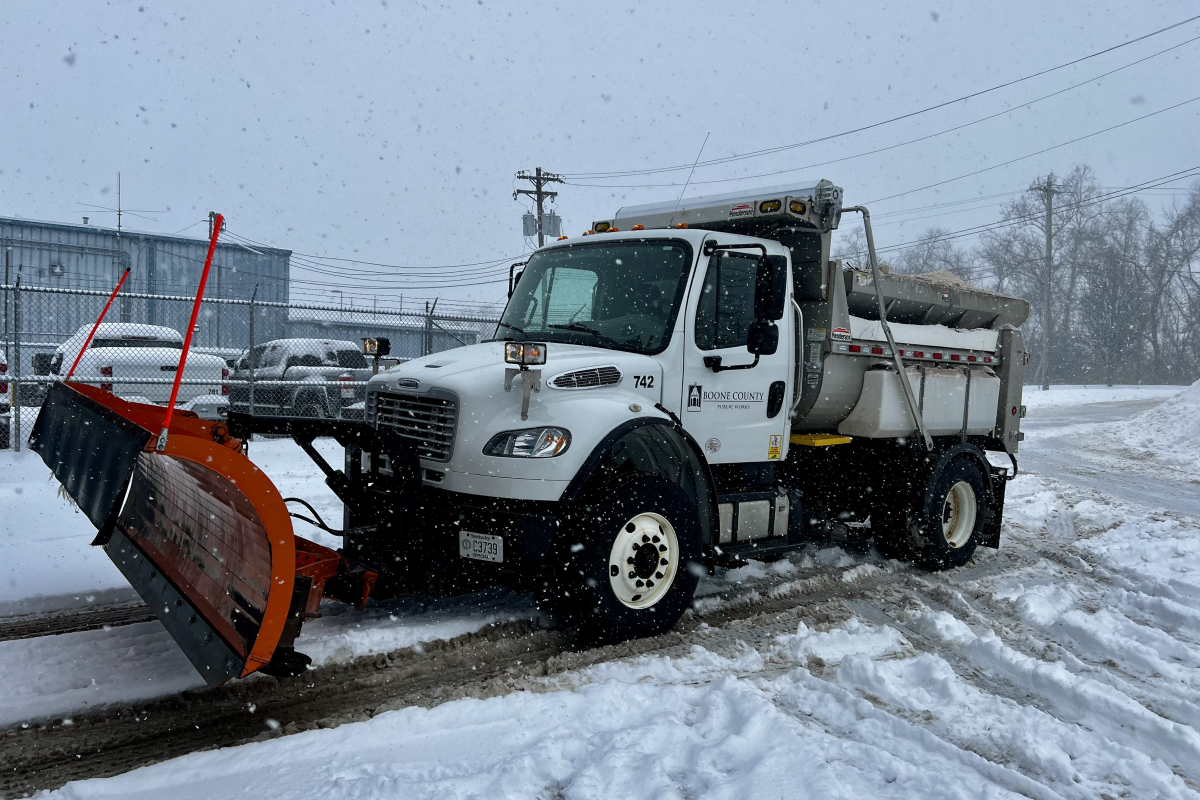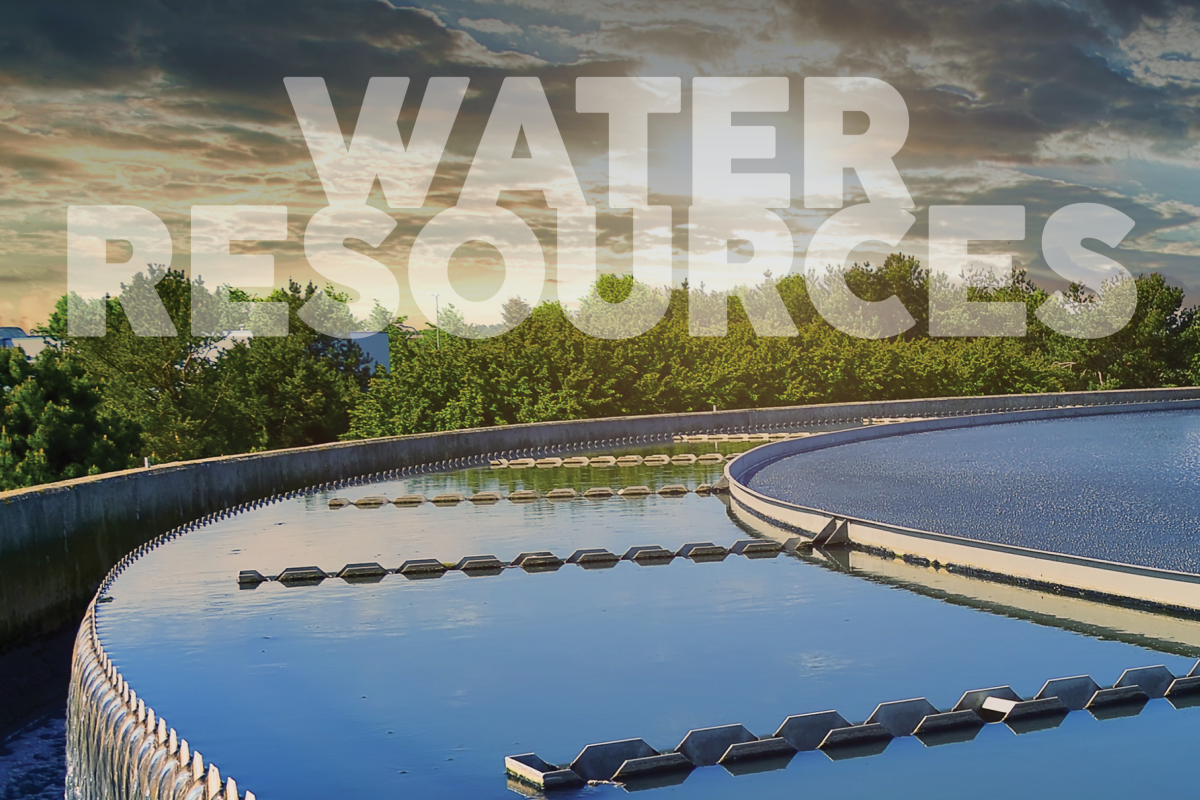About APWA
The American Public Works Association (www.apwa.org) is a not-for-profit, international organization of nearly 32,000 members involved in the field of public works. APWA serves its members by promoting professional excellence and public awareness through education, advocacy, and the exchange of knowledge. APWA is headquartered in Kansas City, MO, has an office in Washington, DC, and 62 chapters and 97 branches throughout North America.
Mark Shade
APWA Government Affairs Media Manager
(202) 218-6736; mshade@apwa.org
